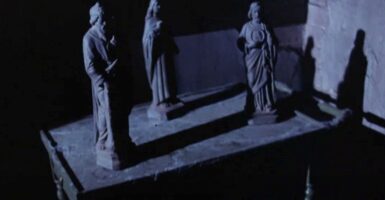The Hidden Detail That Saves Star Trek’s Worst Movie

While it was a big deal when it first hit theaters, modern fans typically dunk on Star Trek: The Motion Picture for being a poorly-placed slog of a film, one much less engaging than The Wrath of Khan or The Undiscovered Country. I used to feel this way myself, but on subsequent rewatches, I have found new reasons to appreciate the movie that turned Star Trek into a film franchise. One such reason is that Gene Roddenberry wanted the new character Will Decker to be the son of Original Series character Matt Decker, a fact that completely explains Will’s prickly dynamic with Admiral Kirk.
Matt Decker
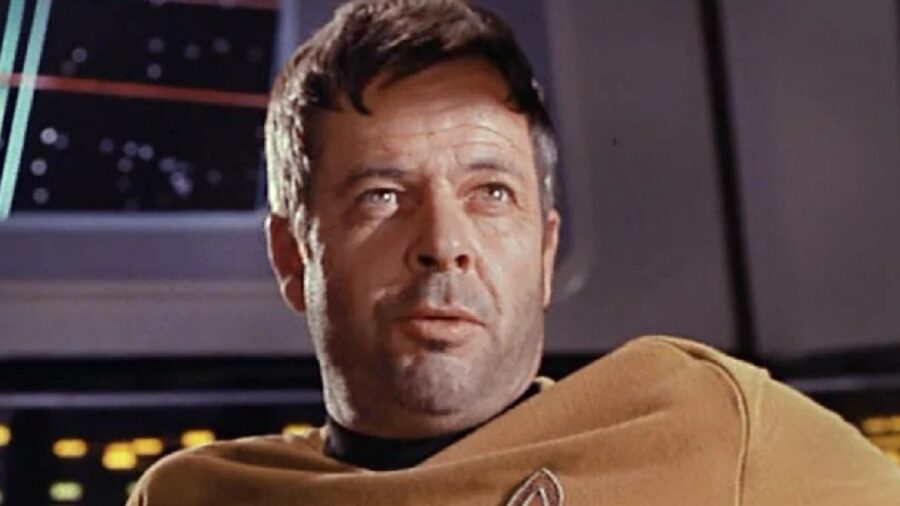
To understand this hidden detail about Star Trek: The Motion Picture, we need to review the excellent Original Series episode “The Doomsday Machine.” That episode introduced us to Matt Decker, a Starfleet commodore whose crew was killed by a giant and seemingly unstoppable starship. Decker blames himself for their deaths (he had them evacuate the ship to a nearby planet that the entity ended up destroying), so he tries to redeem himself by piloting a shuttlecraft into the titular doomsday machine’s gaping maw.
His kamikaze attack only causes a little damage, but its effect inspires Captain Kirk to try Decker’s idea on a much larger scale. Accordingly, he personally flies Decker’s ship into the machine–Scotty has rigged the vessel to blow. In typical Star Trek fashion, Kirk saves the day and is rescued at the last minute, successful in his frantic plan to destroy the doomsday machine.
Will Decker
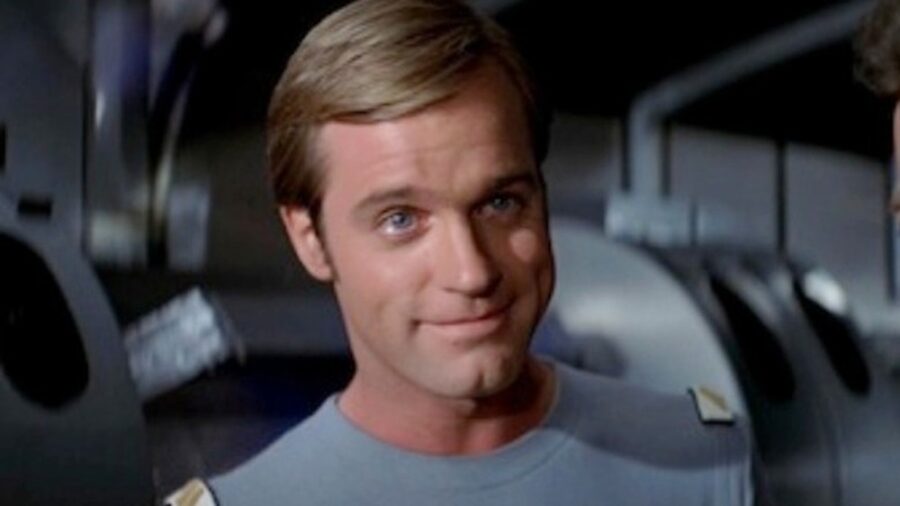
How does this have any effect on Star Trek: The Motion Picture? In that movie, we are introduced to Will Decker, a young captain who is meant to take command of the refitted USS Enterprise before Admiral Kirk takes the chair away from him. Given that he has the same last name as Matt Decker, fans began immediately asking if Will was supposed to be the commodore’s son.
Interestingly, Star Trek: The Motion Picture never specifies this and never mentions Matt Decker by name. However, Gene Roddenberry’s personal assistant Susan Sackett later answered this question in Starlog #24. There, she wrote, “Gene did have this in mind when he created the character, and I believe you will see certain father-son similarities of character and integrity.”
The Connection Is Canon
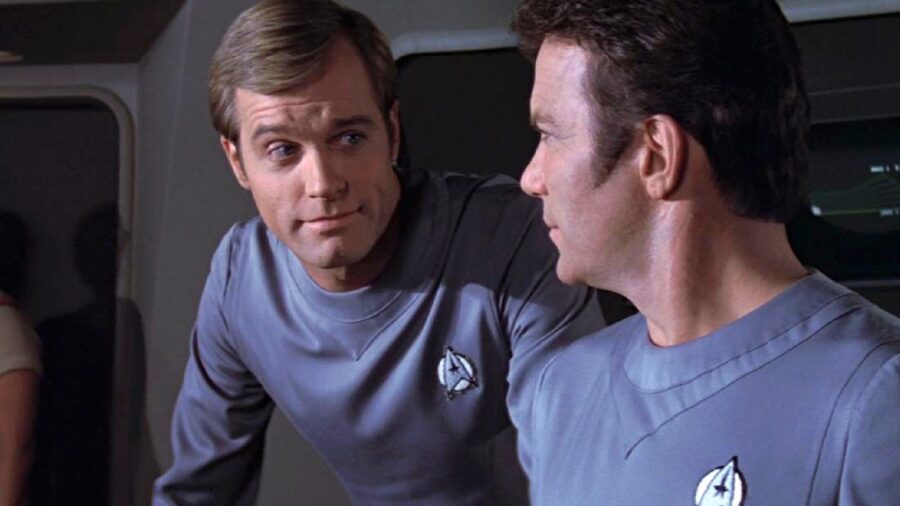
If it’s good enough for Gene Roddenberry, it’s good enough for me, and even the official Star Trek website lists Will Decker as the son of Matt Decker. As a fan, I had always assumed there was a family connection there, but it’s rewarding to see this is now (more or less) part of the franchise canon. This discovery helped me enjoy Star Trek: The Motion Picture in an entirely new way the last time I watched it, especially when it came to Will Decker.
Kirk Vs. Decker
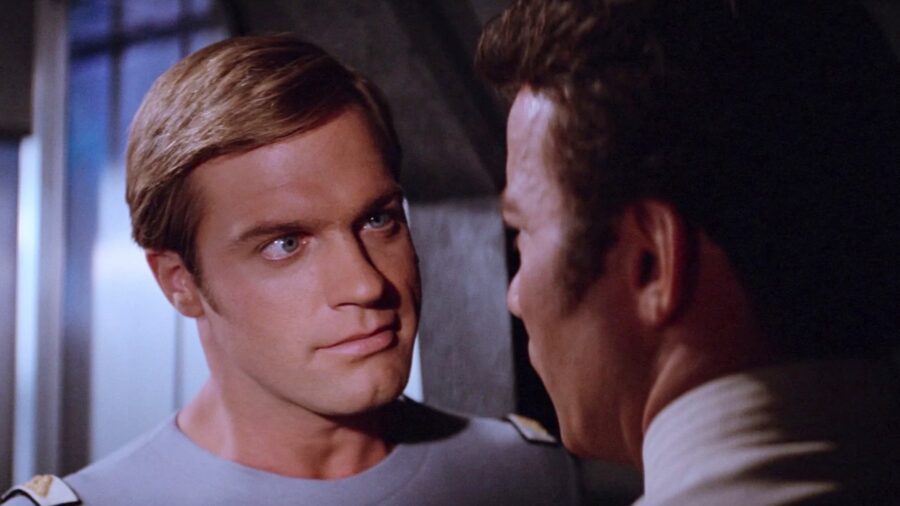
It’s tough not to take Kirk’s side when he clashes with Decker in the film, and I often found myself wondering why the younger man kept pushing back so aggressively against the most famous man in Starfleet. However, Will Decker is basically the son of a man who died in shame and failure. Not only did Matt Decker get his crew killed by the doomsday machine, but he also failed to destroy that machine with his own suicidal action.
Naturally, the Will Decker in Star Trek: The Motion Picture is a man who has something to prove. Taking command of the Enterprise was going to be his chance to restore the family name and make Starfleet proud. He resented Kirk for taking this chance away from him–Kirk, meanwhile, was facing the existential dilemma of having peaked early, and he couldn’t bear to see someone else use the Enterprise to gain more glory than him.
Daddy Issues
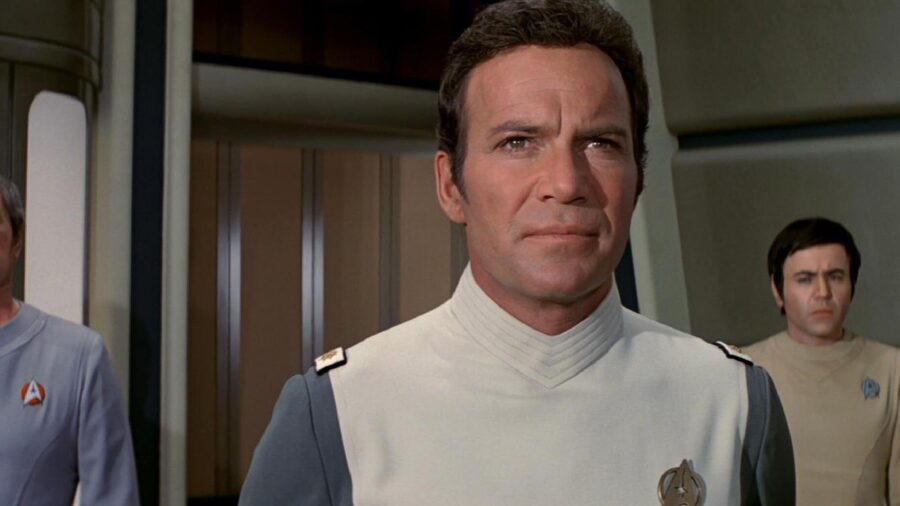
In this way, Sackett was quite right: there are “father/son” aspects in Star Trek: The Motion Picture, but they mostly play out in the weird dynamic of Kirk and Decker. Kirk is the older generation who wants to stay relevant, and Decker is the younger generation wanting to go even more boldly than those who had come before them. Watching the film with this in mind can help you enjoy The Motion Picture for what it does best: using the epic backdrop of space exploration to tell an intimate story about human fragility.
